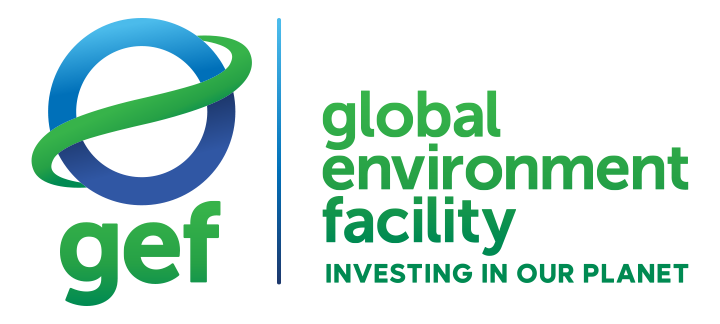Decision support for mainstreaming and scaling up of sustainable land management in fourteen countries (DS-SLM)
16/09/2022

©FAO
Desertification, land degradation and drought (DLDD) reduce productivity and food security, disrupt vital ecosystem functions, negatively affect biodiversity and water resources, and increase carbon emissions and vulnerability to climate change. More than half of agricultural land worldwide is affected by land degradation every year, and an estimated USD 1 trillion in soil services is lost from unstainable land management practices. Despite the seriousness of the threat, policy-makers and land users have limited access to resources, tools and information about effective Sustainable Land Management (SLM) approaches.
About the project
The DS-SLM project sought to challenges arising from lack of coordination between SLM platforms and databases, knowledge gaps in the area of SLM costs and benefits, and limited capacities and awareness among policy-makers about the importance of adopting SLM approaches. In response, the project produced valuable methodological guidelines, tools and toolkits that are relevant to any country seeking to combat desertification, land degradation and drought (DLDD); and successfully employed good practices in the areas of SLM mainstreaming, partnership promotion, capacity building, knowledge-sharing, and innovative use of frameworks and digital tools.
|
KEY OUTCOMES
|
Good practices for the project's success
Adopt flexible and scalable frameworks to mainstream sustainable approaches into national action plans
Given the key role of food and agriculture in achieving the 2030 Agenda, countries must take an integrated approach to sustainable land management and the reversal of DLDD. The DS-SLM project employed an innovative modular methodological framework which was described as instrumental to the project’s success. It established a Decision Support Framework enabling stakeholders to make informed decisions on mainstreaming and scaling up sustainable land management by providing in-depth knowledge, understanding, and analysis of the effects of land use change and management, the effectiveness of SLM responses, and on the reasons why it is crucial to invest in SLM. The project also highlighted the importance of employing flexible approach and scalable frameworks which can be replicated and adapted in different countries across a variety of contexts.
Promote sustainable approaches that safeguard natural resources and protect livelihoods
Soil provides nutrient cycling for plant and animal life, hosts a quarter of the planet’s biological diversity, and acts as a basis for feed, fuel, fibre and a variety of ecosystem services. All countries involved the in the project implemented SLM technologies and approaches in pilot plots and documented their progress and results to demonstrate their potential for implementation at scale. Project partners in Colombia, for example, quantified the benefits of SLM in degraded livestock land. Their milk production increased from 15 to 45 litres, and lower investment in agricultural inputs of fertilizers and labor led to a six percent increase in fodder production. Furthermore, soil health enhancement led to a 23 percent decrease in degraded land across the project’s pilot plots.
Promote partnerships to accelerate progress and strengthen the enabling environment
The project fostered cross-sectoral partnerships across countries and built cooperation experiences through training opportunities, capacity building and knowledge sharing. Partners from the Philippines, for example, leveraged expertise from Thailand in the effective use of vetiver grass in combatting soil erosion. Establishing multi-stakeholder, cross-sectoral partnerships is an effective way of building capacity, pooling resources, expanding expertise, broadening the scope and effectiveness of projects, and fostering an enabling environment. All projects aimed at delivering sustainable progress should facilitate the establishment of partnerships from the institutional and national level to those amongst local communities.
Leverage technology to strengthen resilience and foster knowledge-sharing
Under the project, FAO collaborated with WOCAT to deliver an open-access online DLDD and SLM decision support platform and database, linking technical and scientific information networks, country partners and regional partners and programmes. Countries involved in the project tested and documented over 100 SLM technologies and approaches and made them freely accessible online. The database includes over 2 000 SLM practices shared by 132 countries worldwide, and it is an invaluable tool for evidence-based decision-making. FAO also developed the online Sustainable land management and land restoration e-learning course to assist policy-makers, practitioners and land users in the selection, planning, implementation and monitoring of SLM interventions.
FAO also developed the online Sustainable land management and land restoration e-learning course to assist policy-makers, practitioners and land users in the selection, planning, implementation and monitoring of SLM interventions.

